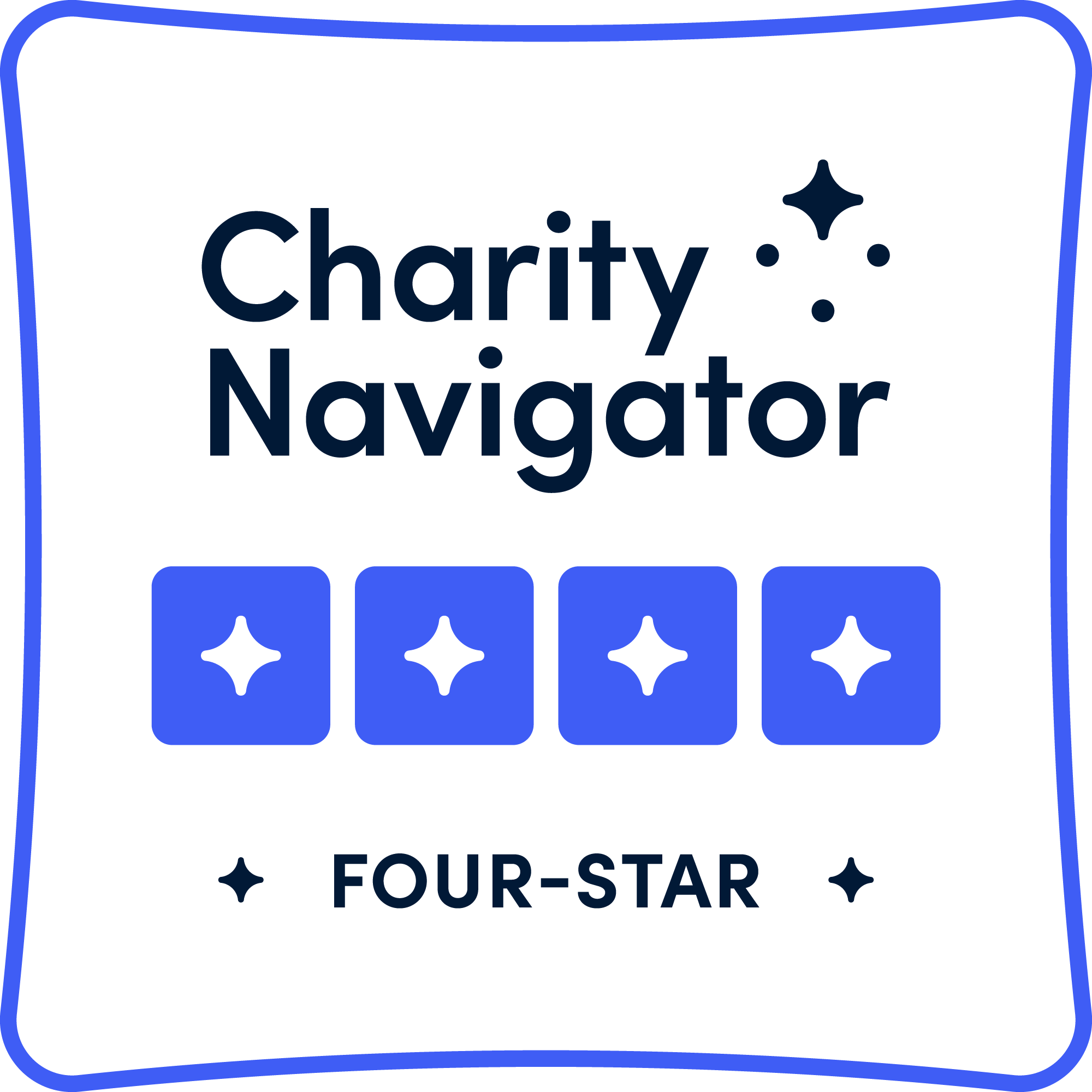Category: Conferences
Sorry, no posts matched your criteria.
Sorry, no posts matched your criteria.

AMYLOIDOSIS RESEARCH CONSORTIUM, INC.
320 Nevada Street, Suite 210 Newton, MA 02460 USA | 617-467-5170
support@arci.org
ARC is a 501(c)(3) nonprofit organization. Tax ID: 47-2589708
©2025 ARC – Amyloidosis Research Consortium, Inc. All rights reserved.


This anonymous quote about the role of nurses in the medical profession embodies our decision to participate in the American Association of Heart Failure Nurses (AAHFM) conference held June 22-24 in Scottsdale, AZ last week.
Because cardiac involvement due to amyloidosis is a progressive disorder that can result in early death due to congestive heart failure (CHF) and arrhythmias we used this opportunity to connect with and educate about 500 cardiac failure nurses.
ARC was asked to host a Focus Group for nurses with a presentation on heart failure HFpEF and amyloidosis presented by Cindy Bither, President Elect of the AAHFN, and a presentation by Dena Heath on ARC and the new Amyloidosis Clinical Resources App.
Our participation included an information booth where we spoke with many nurses very interested in learning everything they could about the disease. These cardiac nurses represented various roles within hospitals large and small and within cardiac practices throughout the US. We provided our newest tools for improving earlier diagnosis and treatment – The Cardiac Alert and Clinical Trials pocket cards developed specifically for healthcare professionals. We also highlighted the new Amyloidosis Clinical Resources App recently launched at the American College of Cardiologists Conference in Chicago in April and available free on the iTunes App Store and the Google Play store.
At ARC, we are working very hard to breakdown the many barriers to research and drug development but an often overlooked and very critical barrier is the communication barrier between the patient and his or her team of amyloidosis experts. Nurses play a significant role in bridging this, and other communication barriers, often as the “front door” to diagnosis and treatment. We believe educating them about amyloidosis is one more opportunity to accelerate diagnosis and treatment.
